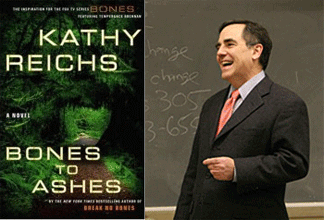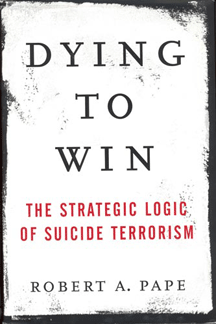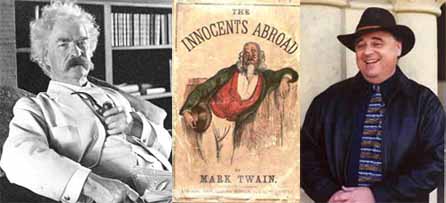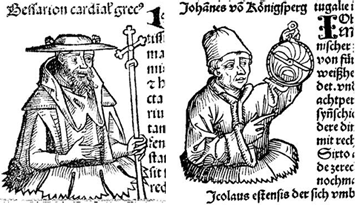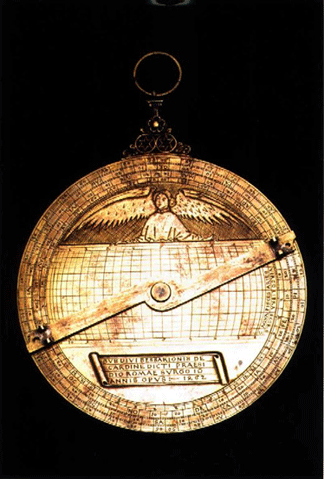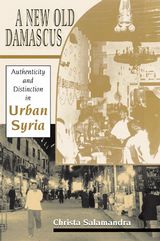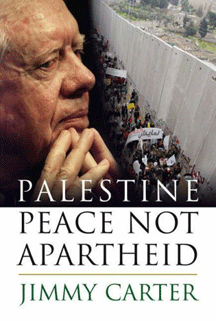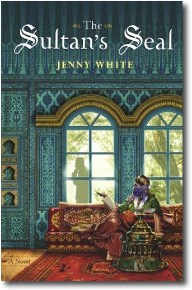
“Your brush is the bowstring that brings the wild goose down.â€
(Reviewed by Jana Kraus MAR 22, 2006)
Jenny White, an anthropologist and the author of numerous nonfiction works on Turkish society and politics, has written a real winner with her debut novel, The Sultan’s Seal. A historical mystery with a bit of romance thrown in, this book makes for an unputdownable read. Ms. White paints a remarkably vivid portrait of life in 19th century Turkey, from the luxurious sultan’s palaces to the most squalid slums of Istanbul, and writes intelligently of the political turmoil of the period.
Set in the ancient city “Stanbul†on the Bosphorus in the waning days of the Ottoman Empire, (1886), political intrigue, espionage and social upheaval are rife, even in the sultan’s harem. “Young Turks,†a reformist and strongly nationalist group of men, forced the restoration of the constitution of 1876. This new generation of Ottoman political thinkers were convinced that the Empire would never be truly modernized until it had adopted a democratic government and a constitution rather than undiluted power in the hands of the sultan. Gathering secretly in Istanbul, then in exile in Europe, “these reformers propagandized against the governments of Ali Pasha then, when Ali died in 1871, against the increasingly autocratic rule of Sultan Abdulaziz.†There is a tremendous struggle taking place to find a middle ground between traditional values of the non-secular East and the very different, more progressive ways of the West. Continue reading The Sultan’s Seal
